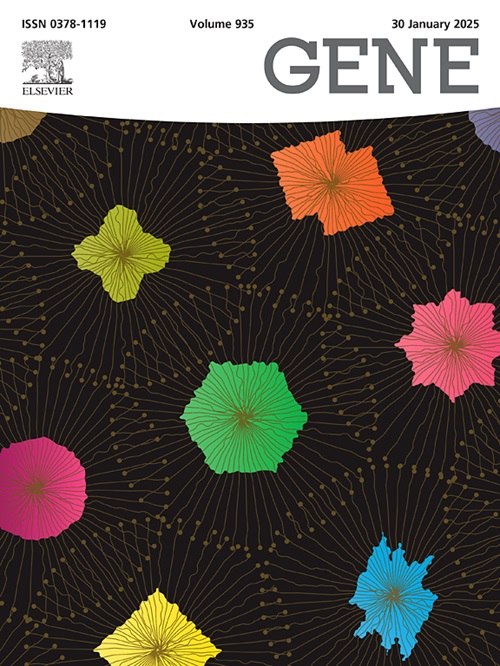Cofilin-1作为癌症治疗的预后和预测性生物标志物的进展和挑战
IF 2.4
3区 生物学
Q2 GENETICS & HEREDITY
引用次数: 0
摘要
Cofilin-1 (CFL1)是一种由CFL1基因编码的肌动蛋白调节蛋白,在细胞骨架动力学、细胞运动和肿瘤进展和转移的侵袭过程中起核心作用。在几种人类癌症中,异常的CFL1表达与预后不良、治疗耐药性和转移潜力增加有关。这篇综述整合了过去15年涉及人类样本的研究的临床证据,强调了CFL1作为一种候选的预后和预测性生物标志物。我们分析了肿瘤特异性表达模式、检测方法,如免疫组织化学、ELISA、蛋白质组学,并讨论了涉及CFL1的调控途径。特别关注前列腺癌,缺乏可靠的分子生物标志物进行风险分层代表了临床差距。尽管有很好的关联,但由于定量方案的异质性和有限的前瞻性验证,CFL1的临床翻译受到阻碍。我们概述了关键挑战,并提出了未来的方向,以建立CFL1作为临床可操作的生物标志物,与个性化癌症管理的潜在相关性。本文章由计算机程序翻译,如有差异,请以英文原文为准。
Progress and challenges in the use of Cofilin-1 as a prognostic and predictive biomarker for cancer management
Cofilin-1 (CFL1) is an actin-regulating protein encoded by the CFL1 gene and plays a central role in cytoskeletal dynamics, cell motility, and invasion—processes critical for tumor progression and metastasis. Aberrant CFL1 expression has been linked to poor prognosis, therapeutic resistance, and increased metastatic potential across several human cancers. This review consolidates clinical evidence from studies involving human samples over the past 15 years, highlighting CFL1 as a candidate prognostic and predictive biomarker. We analyze tumor-specific expression patterns, detection methodologies as immunohistochemistry, ELISA, proteomics and discuss regulatory pathways involving CFL1. Particular attention is given to prostate cancer, where the lack of reliable molecular biomarkers for risk stratification represents a clinical gap. Despite promising associations, the clinical translation of CFL1 is hindered by heterogeneity in quantification protocols and limited prospective validation. We outline the key challenges and propose future directions to establish CFL1 as a clinically actionable biomarker, with potential relevance to personalized cancer management.
求助全文
通过发布文献求助,成功后即可免费获取论文全文。
去求助
来源期刊

Gene
生物-遗传学
CiteScore
6.10
自引率
2.90%
发文量
718
审稿时长
42 days
期刊介绍:
Gene publishes papers that focus on the regulation, expression, function and evolution of genes in all biological contexts, including all prokaryotic and eukaryotic organisms, as well as viruses.
 求助内容:
求助内容: 应助结果提醒方式:
应助结果提醒方式:


